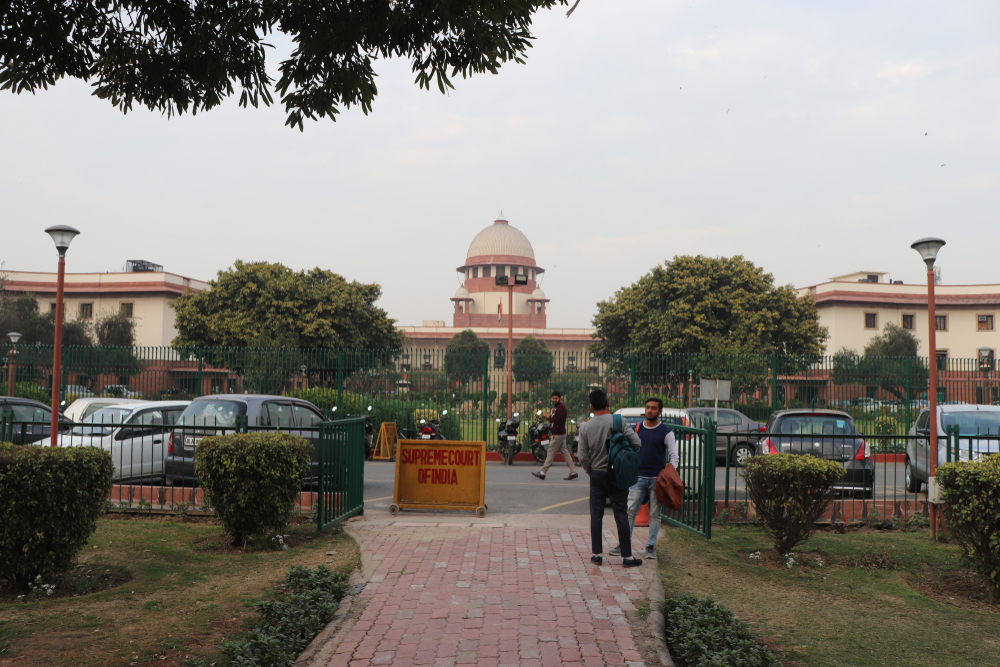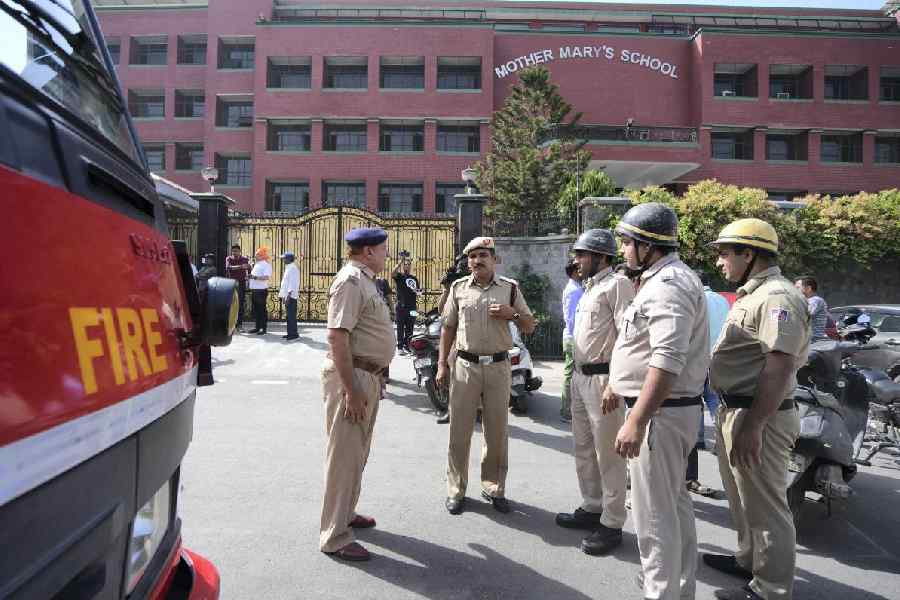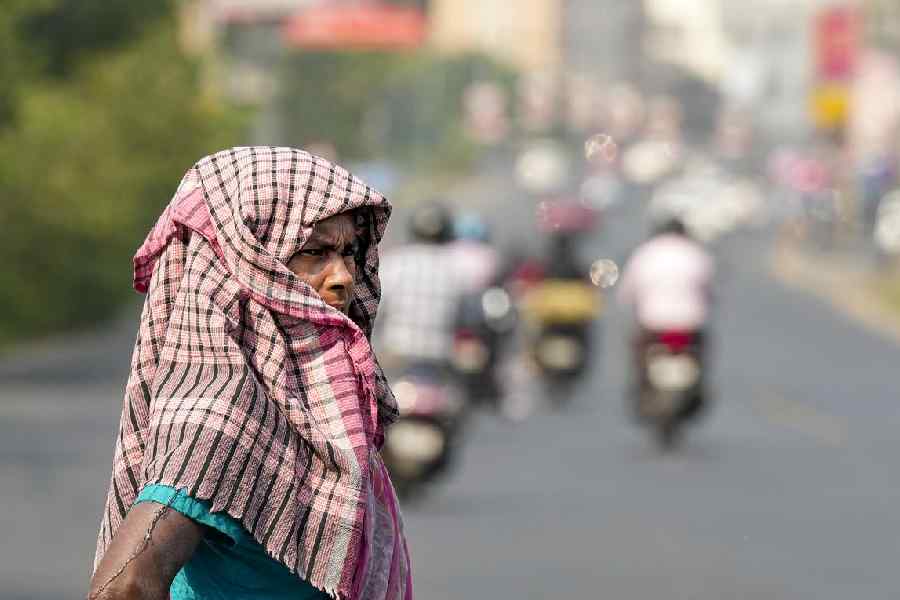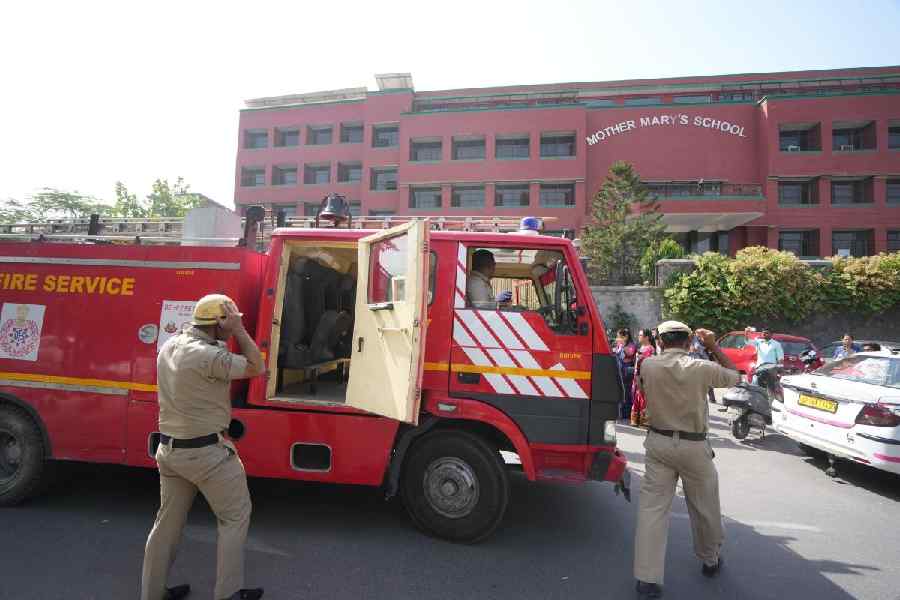Muslim parties to the Ayodhya dispute on Monday urged the Supreme Court to “mould” whatever relief it decided to give to the losing side in a way that reflected the “constitutional values this great nation espouses” and “our multi-religious and multicultural values”.
The written request, which came from the individual Muslim litigants not including the All India Sunni Wakf Board, also asked the apex court to “consider how future generations will view this verdict”.
On October 16, the apex court had reserved its verdict and sought suggestions from the parties how it might, depending on the nature of the verdict, fashion any relief to the (losing) litigants.
“The Muslim party contestants before this hon’ble court wish to state that the decision by this hon’ble court, whichever way it goes, will impact future generations. It will also have consequences for the polity of this country,” said the written submission from the Muslim claimants, which was drafted by senior advocate Rajeev Dhavan.
“This court’s decision may impact the minds of millions who are citizens of this country and who believe in constitutional values embraced by all when India was declared a republic on January 26, 1950.
“Since the judgment of this court will have far-reaching implications, it is for the court to consider the consequences of its historic judgment by moulding the relief in a fashion that will reflect the constitutional values that this great nation espouses.
“We hope that the court, in moulding the relief, upholds our multi-religious and multicultural values in resolving the issues confronting it. Moulding the relief is the responsibility of this court, which itself is the sentinel of our Constitution. When moulding the relief, this court must also consider how future generations will view this verdict.”
The apex court has over 40 days heard a batch of petitions from Hindu and Muslim groups and individuals challenging a 2010 Allahabad High Court judgment that divided the disputed plot equally among two Hindu groups and a Muslim group.
The five-judge bench of Chief Justice Ranjan Gogoi and Justices S.A. Bobde, D.Y. Chandrachud, Ashok Bhushan and Abdul Nazeer is expected to pronounce the judgment on or before November 15. Chief Justice Gogoi retires on November 17, a Sunday.
The last day of the hearings witnessed drama, with Dhavan, representing Muslim claimants, tearing up a map of the purported birthplace of Ram and rumours swirling about the All India Sunni Wakf Board having withdrawn its claim.










